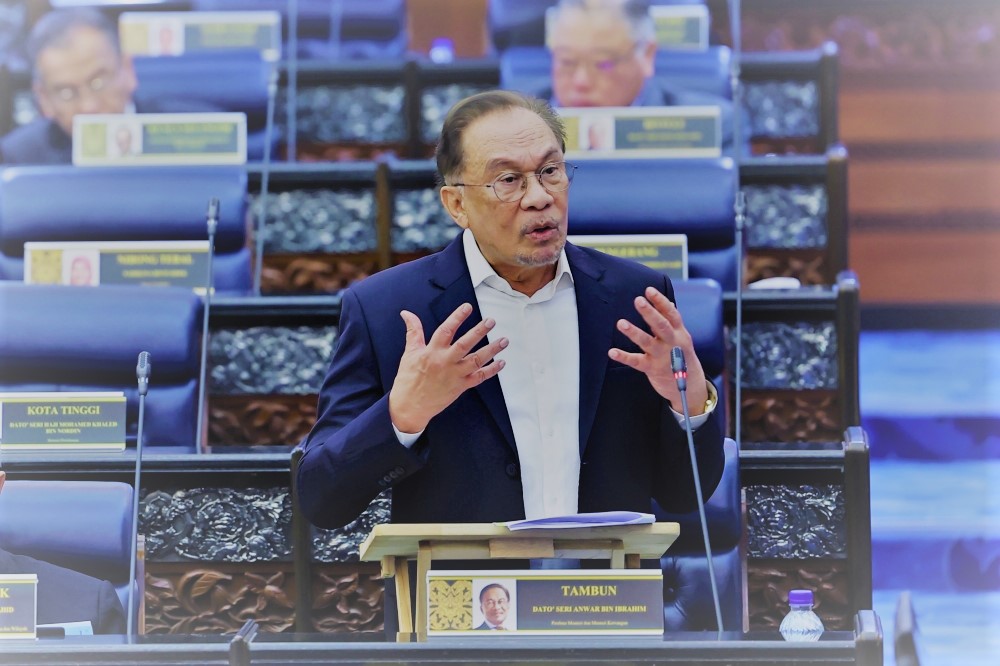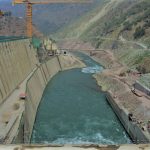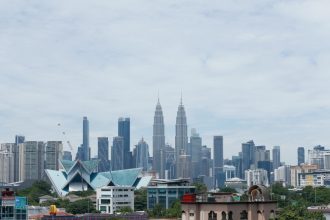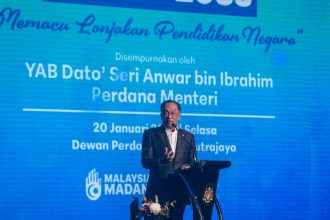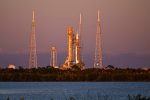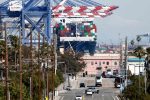KUALA LUMPUR – Prime Minister Datuk Seri Anwar Ibrahim has pledged strong support for Malaysia’s small and medium enterprises (SMEs) grappling with the ongoing challenges of US tariffs. In a statement during the special Dewan Rakyat session on May 5, Anwar assured that the government would back exporters affected by global trade tensions.
He emphasized the government’s commitment to aiding businesses hit by the global economic shifts, especially SMEs. “We are determined to support businesses navigating these difficult times. As part of our initial measures, we’ve increased the Government Guarantees by RM1 billion under the Business Financing Guarantee Scheme (SJPP),” Anwar explained, adding that this initiative would help affected SMEs secure loans from commercial banks.
Additionally, Anwar revealed plans to boost soft loan facilities by RM500 million through Development Finance Institutions (DFIs) to provide further support to SME entrepreneurs facing tough economic headwinds.
While these immediate measures address current challenges, Anwar reassured the public that the government would continue to monitor developments and provide ongoing assistance tailored to the needs of SMEs.
In light of potential trade disruptions, Anwar highlighted the importance of diversifying Malaysia’s trade networks. “We must expand our trading relationships beyond traditional partners, exploring new markets in Europe, the Middle East, Central Asia, and South America. Strengthening our regional ties, especially with ASEAN countries, is equally vital,” he added.
To facilitate SMEs in tapping into these new markets, Anwar announced that an additional RM50 million would be allocated to Matrade, which will assist businesses in their international ventures. Moreover, he outlined Malaysia’s plans to drive regional cooperation through initiatives such as the ASEAN Power Grid and cross-border economic activities, including the Johor-Singapore Special Economic Zone and infrastructure projects in southern Thailand.
Anwar also emphasized Malaysia’s efforts to engage in strategic procurement, like the purchase of 30 Boeing aircraft by the Malaysia Aviation Group (MAG), a move aimed at boosting the tourism sector by expanding MAG’s fleet.
Addressing the larger picture, Anwar reiterated Malaysia’s determination to push forward with reforms and agreements that benefit the nation’s long-term economic health. This includes further enhancing trade agreements, such as the ASEAN-China Free Trade Agreement, which is expected to be finalized soon.
As for the country’s economic outlook, Anwar expressed optimism, citing Malaysia’s robust economic performance. The GDP growth rate is projected at 5.1% in 2024, a significant increase from 3.6% in 2023. Additionally, the national inflation rate remains stable at 1.8%, and unemployment is low at 3.3%.
“In the face of external challenges, we remain resilient. Our reforms under the Ekonomi MADANI framework have strengthened our national resilience, positioning Malaysia well to manage global economic volatility,” Anwar concluded.
With these assurances and initiatives, the government’s ongoing support for SMEs and commitment to economic diversification offer hope for a brighter, more stable future for businesses and communities across Malaysia.
